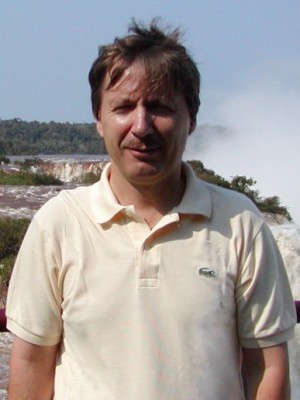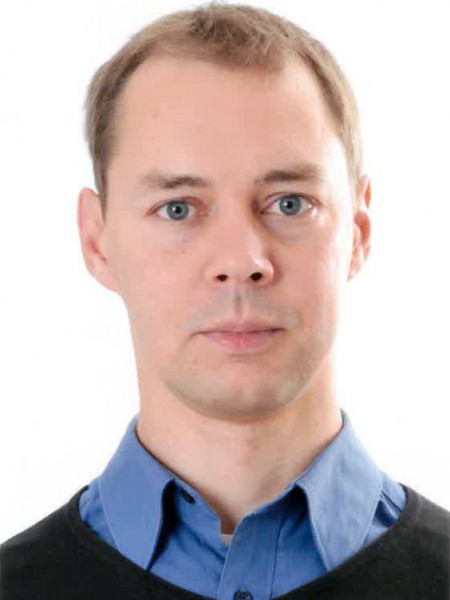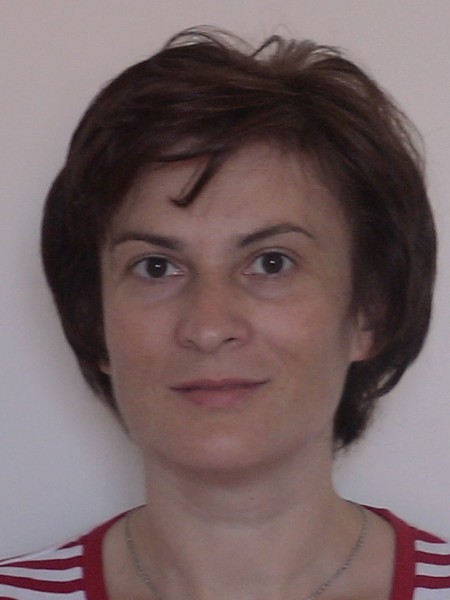abstract
Along with piezoelectric nanogenerators, triboelectric nanogenerators (TENGs) collecting energy from mechanical vibrations proved to be simple, low-cost, and efficient sources of electricity for various applications. In view of possible biomedical applications, the search for TENGs made of biomolecular and biocompatible materials is demanding. Diphenylalanine (FF) microstructures are promising for these applications due to their unique characteristics and ability to form various morphologies (microribbons, spherical vesicles, fibrils, micro- and nanotubes, nanorods, etc.). In this work, we developed a contact-separate mode TENG based on arrays of oriented FF microbelts deposited by dip-coating technique and studied their performance under various temperature treatments. We show that these TENGs outperform piezoelectric nanogenerators based on FF microbelts in terms of short-circuit current (I-SC), open-circuit voltage (V-OC), and output power. It was found that bound water captured in FF nanochannels mainly affects V-OC, whereas mobile water increases I-SC. We also found that the cyclization of FF molecules increases the performance of TENG likely due to an increase in surface energy and surface flattening.
keywords
DIPHENYLALANINE MICROTUBES; ENERGY; NANOGENERATOR; WATER; NANOTUBES
subject category
Chemistry; Science & Technology - Other Topics; Materials Science; Physics
authors
Slabov, V; Vidal, J; Zelenovskii, P; Kopyl, S; dos Santos, MPS; Kholkin, A
our authors
Groups
G2 - Photonic, Electronic and Magnetic Materials
G3 - Electrochemical Materials, Interfaces and Coatings
Projects
CICECO - Aveiro Institute of Materials (UIDB/50011/2020)
CICECO - Aveiro Institute of Materials (UIDP/50011/2020)
Associated Laboratory CICECO-Aveiro Institute of Materials (LA/P/0006/2020)
acknowledgements
Portuguese Foundation for Science and Technology (UIDB/50011/2020, UIDP/50011/2020, LA/P/0006/2020, PTDC/CTM-CTM/4044/2020). This work was developed within the scope of the project CICECO-Aveiro Institute of Materials, UIDB/50011/2020, UIDP/50011/2020 and LA/P/0006/2020, financed by national funds through the FCT/MEC (PIDDAC). Part of this work was funded by national funds (OE), through FCT-Fundacao para a Ciencia e a Tecnologia, I.P., in the scope of the framework contract foreseen in the numbers 4, 5, and 6 of article 23, of the Decree-Law 57/2016, of 29 August, changed by Law 57/2017, of 19 July. V.S., J.V., S.K., M.S., and A.K. were supported by FCT through the project SelfMED (POCI-01-0145-FEDER-031132).




